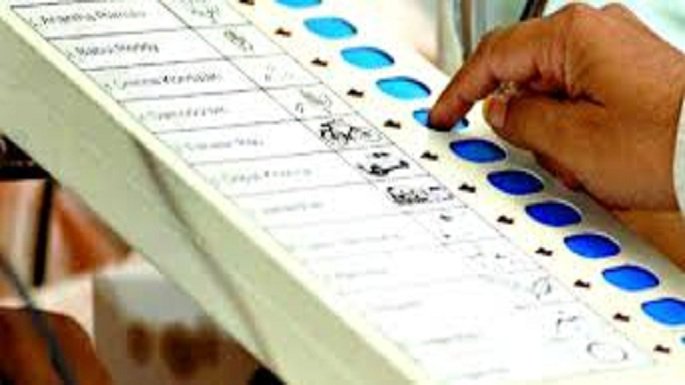TRENDING TAGS :
Demystifying EVMs and VVPATs: Understanding the Supreme Court Hearing
Public awareness and education about EVMs and VVPATs will also play a crucial role in promoting voter confidence in the electoral process.
EVM
Electronic Voting Machines (EVMs) and Voter-Verified Paper Audit Trail (VVPAT) have become integral parts of India's electoral process. But with upcoming elections, questions about their effectiveness and transparency continue to surface. The Supreme Court of India is set to hear pleas regarding 100% VVPAT verification, offering a crucial opportunity to address these concerns. Let's explore the intricacies of EVMs and VVPATs, delve into the upcoming hearing, and understand its potential impact on future elections.
Understanding EVMs and VVPATs:
EVMs: These digital voting machines replace traditional paper ballots. Voters cast their votes electronically on the EVM, and the machine records the selections.
VVPATs: Introduced to enhance transparency, VVPATs are paper audit trails linked to EVMs. When a vote is cast on the EVM, a paper slip with the corresponding candidate's symbol is momentarily displayed and ejected for the voter to verify. This paper slip then falls into a secure compartment for later audit purposes.
Concerns and the Upcoming Hearing:
Verification Concerns: Some argue that 100% VVPAT verification, where every vote cast is physically verified against the paper slip, is essential to ensure transparency and prevent manipulation.
Security Doubts: While EVMs and VVPATs are designed with security features, there have been concerns about potential vulnerabilities and the possibility of tampering.
Supreme Court Hearing: The upcoming hearing will address petitions seeking mandatory 100% VVPAT verification for all votes cast. The Court's decision will have a significant impact on future elections and voter confidence in the electoral process.
Potential Outcomes of the Hearing:
Mandatory 100% VVPAT Verification: If mandated, this would ensure every vote is physically verified against the paper slip, potentially bolstering public trust in the electoral process.
Technological Advancements: The Court's decision might encourage exploring new technologies or improvements to existing systems to address security concerns and enhance transparency.
Maintaining Balance: Balancing transparency and practicality remains critical. While enhanced verification is desirable, it's equally important to ensure a smooth and efficient voting process.
The Road Ahead:
The Supreme Court hearing presents an opportunity to strengthen India's electoral system. A well-considered verdict can address concerns while ensuring smooth and transparent elections. Public awareness and education about EVMs and VVPATs will also play a crucial role in promoting voter confidence in the electoral process.



